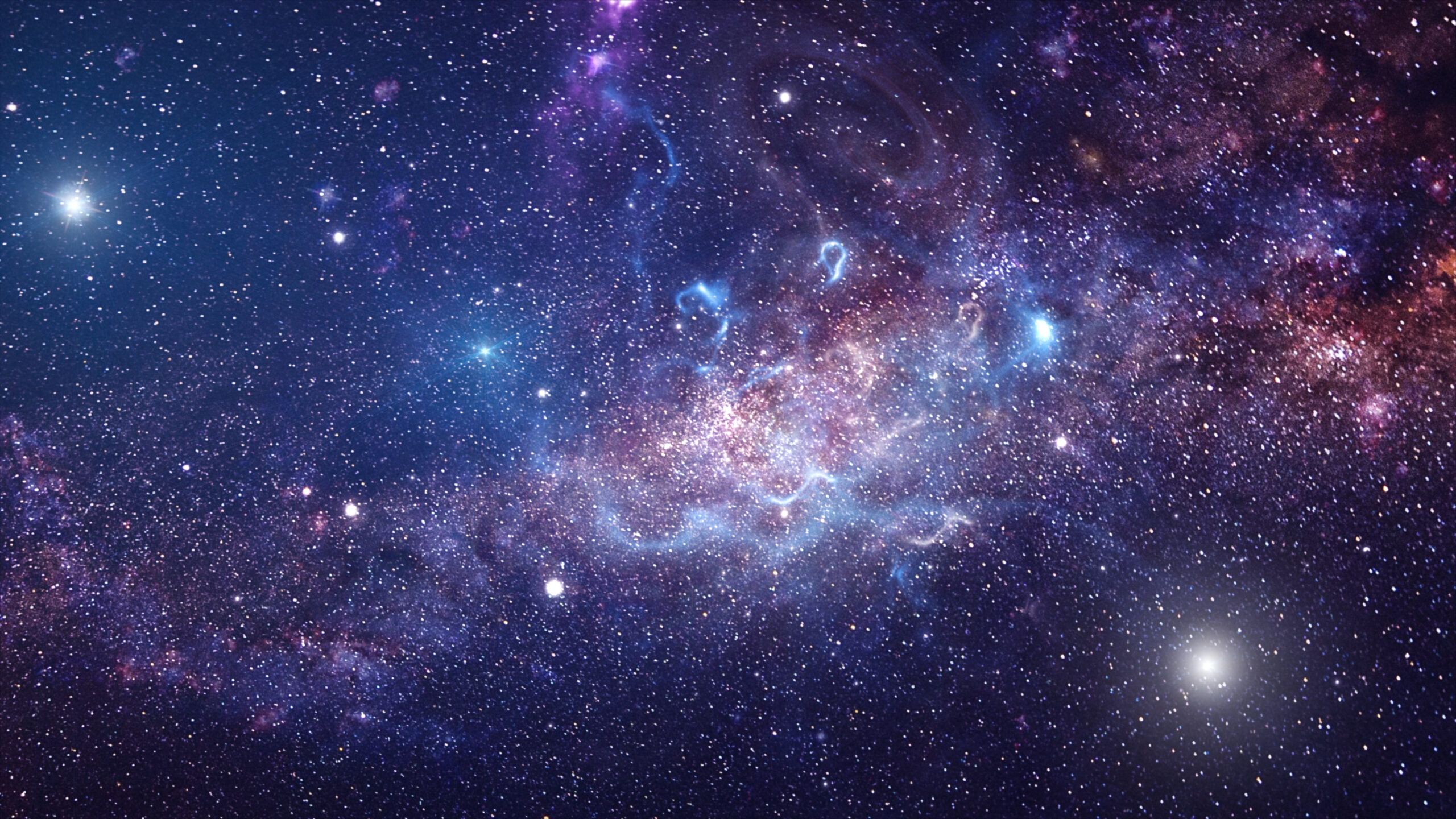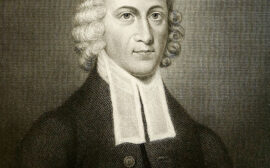By Justin Angelos | August 11, 2024
Modal Cosmological Argument
The term “Possible Worlds” is a term that philosophers use in modal logic to describe ways that the world could have been. Modal Logic deals with necessity or possibility, for example. My Grandfather was born in Zorianos (Ζωριανος), Greece, in 1903 and then came to America in 1920 at the age of 17 by ship that crossed the Atlantic Ocean.
There could be a possible world in which my grandfather did not come to America at all, and there could be a possible world in which my grandfather did not exist at all. There could also be a possible world in which my grandfather did not cross the Atlantic Ocean to come to America, but instead, he came to America by airplane.
Modal Cosmological Argument
The notion of possible worlds becomes very useful when it comes to arguing for the existence of God. God exists in every possible world, or God only exists in some possible world. Joshua Rasmussen uses a modal cosmological argument to argue for God’s existence. 1.) Contingent truths cannot explain its instantiation. 2.) Something could be non-contingent 3.) But only if there is something that exists necessarily. 4.) Something that exists necessarily and exists in every possible world.[1]
Contingent truths cannot explain its instantiation. In other words, contingent truth cannot explain its own existence. Anything that is contingent requires an external explanation for its existence. As Rasmussen has argued, something can be non-contingent, but only if there is something that exists necessarily, and it must exist in every possible world. Something that does not depend on anything for its existence. If a necessary being did not exist, then nothing contingent could exist; nothing contingent can explain its own instantiation. An example of a necessary truth would be the analytic statement, “All unmarried men are bachelors.” This statement is true, and this statement would be true in every possible world.
The concept of the predicate unmarried is contained in the concept of bachelor. This conceptual containment, or what is known as the conceptual containment theory of truth, that explains the truth of the statement bachelors are unmarried. [2]
The Second Person of the Trinity
Paul writes that Jesus was before all things (Colossians 1:17). John writes Jesus was with God in the beginning (John 1:1-3). Jesus gives us a glimpse of what God (The Father) was doing before creation. ἠγαπησας καταβολής κόσμου “you loved me before the foundation of the world.” (Jh 17:24)
In John 8:58, Jesus makes a statement about Himself that is a direct reference to deity. In Greek, it is πριν Αβραάμ γενέσθαι ἐγω εἰμι before Abraham was, I AM. The reason this is a reference to deity is because “I AM” stands on its own; it is without a predicate nominative. Unlike when Jesus says, “I am (ἐγω εἰμι) the bread of life.” I am and Bread (άρτος) are both in the nominative case ending, which means there is a predicate nominative (two things being equal). In order for this to really make sense, it is important that you study Greek grammar. I would recommend William D Mounce’s The Basics of Biblical Greek Grammar.
In John 8:58, Jesus was claiming to be the I AM in Exodus, who was speaking to Moses in the burning bush. A common claim by non-Christians is that Buddha or Hinduism existed before Jesus, or they ask how God can die. What they miss is that Jesus is fully God and fully human–the second person of the Trinity.
If Jesus is divine, then this means that Jesus has always existed, and there was never a time when Jesus did not exist. If Jesus is God, then this also means that Jesus exists necessarily. He is metaphysically or logically necessary. The Triune God (Father, Son, and Holy Spirit) exists by necessity of His own nature. 1) If it is possible that the divine person of Jesus exists. 2)Then He would exist in some possible world. 3) Then it is possible that He exists in every possible world. 4) If He (Jesus) exists in every possible world, then He exists in the actual world; Jesus, the divine person who is the second person of the Trinity or Triune God.[3]
J.P. Moreland argues for possible worlds by saying, “What is it for something to exist”? and it exists if it has attributes or properties. For example, if there really is such a thing as a number two, then it must have at least one; attribute, like the property of being even and not odd. And there was such a thing as a unicorn; that creature would have to have the attribute of being a one-horned horse.[4]
Moreland argues that there is a difference between a concept about something and the property of something. If a unicorn is just a concept in a person’s mind, then a person cannot ride a concept, but it is in the mind of the individual. So, the concept of a unicorn does not have the property of being a one-horned horse.[5]
When the question is asked, does something exist or not like numbers? Moreland argues there is a range of objects that have a range of certain attributes. There is an abstract realm outside of space and time, where things like abstract objects are universals that exist like numbers, the laws of logic, and the laws of mathematics; universals can be in more than one object.[6] This includes a red cup, a red flower, a red car. Unmarried men are bachelors, which is universal. The logic of this applies in any possible world.
Moreland argues that moral values are abstract and exist outside of space and time. Moral values can also exist in some possible world, and they can exist in every possible world.
If God is a necessary being, then God exists in every possible world, which makes Him a necessary being. All abstract objects or necessary truths like numbers and analytic statements exist in every possible. This also includes the laws of logic, the laws of mathematics, which exist in every possible world.
If an abstract object necessarily exists, whether it is the laws of logic, mathematics, or an analytic statement, its existence is possible in every possible world. That is because God sustains them in existence.
Therefore, God is a necessary being who necessarily sustains abstract objects in existence. If the opposite were true if God did not exist, then abstract objects would not only cease to exist, but nothing at all would also exist.
So, the concept of possible worlds is something that is only a possibility if God exists as a necessary being.[7]
About the Author

Seattle native Justin Angelos brings a passion for evangelism and discipleship along with theology and apologetics. He has studied at Biola University and Liberty University. Justin focuses on providing help for those who suffer from emotional and anxiety issues. He currently resides in Salt Lake City, Utah.
Notes
[1] Rasmussen, Joshua “The Argument from Possible Causes for a Necessary Being” YouTube June 26th, 2019.
3:42 accessed August 4, 2024.
[2] Melamed Yitzhak Y., and Martin Lin. “Principle of Sufficient Reason.” Stanford Encyclopaedia of Philosophy. Stanford University, June 14, 2023. Accessed May 4, 2024. https://plato.stanford.edu/contents.html
[3] “Necessary Existence and the Ontological Argument: Reasonable Faith” January 18th,2010. Accessed August 9th, 2024https://www.reasonablefaith.org/writings/question-answer/necessary-existence-and-the-ontological-argument
[4] “J.P Moreland -Are There Things Not Material?” YouTube, April 29th, 2023. Accessed August 9th , 2024.
1:19
[5] Moreland, Are there things not material?
(002:00)
[6] Moreland, Are there things not material.
(003:30)
[7] Moreland, Are Things not Material?
(Moreland 009:02)





